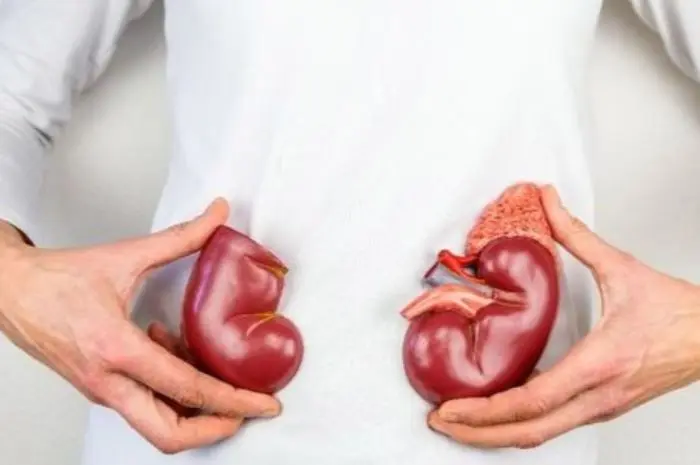In a world where culinary delights abound, it’s essential to be vigilant about food safety to protect ourselves from the risks of food-borne illnesses. Whether dining out at restaurants, cooking at home, or enjoying street food while traveling, understanding the principles of food safety is paramount.
Food-borne illnesses, caused by consuming contaminated food or beverages, can range from mild discomfort to severe health complications. In this comprehensive guide, we’ll explore a range of tips and strategies to help you minimize the risk of food-borne illnesses and enjoy your meals with peace of mind.
Practice Proper Hand Hygiene
Good hand hygiene is the first line of defense against food contamination. Always wash your hands thoroughly with soap and water before handling food, especially after using the restroom, touching raw meat or poultry, or handling garbage.
Use warm water and soap, lather for at least 20 seconds, and dry with a clean towel or air dryer. Hand sanitizers can be used as an alternative when soap and water are not available, but they should not replace handwashing entirely.
Keep Food Preparation Areas Clean
Maintaining a clean and sanitized food preparation area is essential for preventing cross-contamination and the spread of harmful bacteria. Clean countertops, cutting boards, utensils, and kitchen surfaces with hot, soapy water after each use, and sanitize them regularly with a bleach solution or commercial disinfectant.
Separate cutting boards should be used for raw meat, poultry, seafood, and vegetables to avoid cross-contamination.
Cook Food Thoroughly
Cooking food to the right temperature is crucial for killing harmful bacteria and pathogens that may be present. Use a food thermometer to ensure that meat, poultry, seafood, and eggs are cooked to the appropriate internal temperature.
Follow recommended cooking guidelines for different types of food, and never partially cook meat or poultry and then finish cooking it later, as this can lead to bacterial growth.
Store Food Properly
Proper food storage is key to preventing bacterial growth and spoilage. Perishable foods should be refrigerated promptly and stored at the appropriate temperature to maintain freshness and safety.
Keep raw meat, poultry, and seafood separate from ready-to-eat foods to prevent cross-contamination. Use airtight containers or food storage bags to seal leftovers and store them in the refrigerator or freezer within two hours of cooking.
Be Mindful of Expiry Dates
Check expiration dates and use-by dates on food packaging to ensure that products are still safe to consume. Avoid consuming foods that are past their expiration date, as they may be more susceptible to bacterial contamination and spoilage.
When purchasing perishable items, such as meat, dairy products, and packaged goods, choose products with the furthest expiration date to maximize freshness and shelf life.
Practice Safe Food Handling During Travel
When dining out or sampling street food while traveling, exercise caution to avoid food-borne illnesses. Choose reputable establishments with clean and hygienic food preparation practices, and avoid eating food from street vendors or establishments with questionable hygiene standards.
Opt for freshly cooked and hot foods, and avoid consuming raw or undercooked meats, seafood, and eggs in regions where food safety standards may be lax.
Stay Informed and Educated
Stay informed about food safety guidelines, best practices, and recalls issued by health authorities and regulatory agencies. Educate yourself and your family about the risks of food-borne illnesses and the importance of proper food handling and hygiene practices.
Stay updated on food safety news and developments to make informed decisions about the foods you consume and how you prepare them.
Conclusion
Food safety is everyone’s responsibility, and by following these tips and guidelines, you can reduce the risk of food-borne illnesses and safeguard your health and well-being.
Whether you’re cooking at home, dining out, or traveling abroad, practicing proper hand hygiene, keeping food preparation areas clean, cooking food thoroughly, storing food properly, being mindful of expiry dates, practicing safe food handling during travel, and staying informed and educated are essential steps to protect yourself and your loved ones from the dangers of food contamination.
By taking proactive measures and adopting safe food handling practices, you can enjoy delicious and nutritious meals with confidence and peace of mind.



